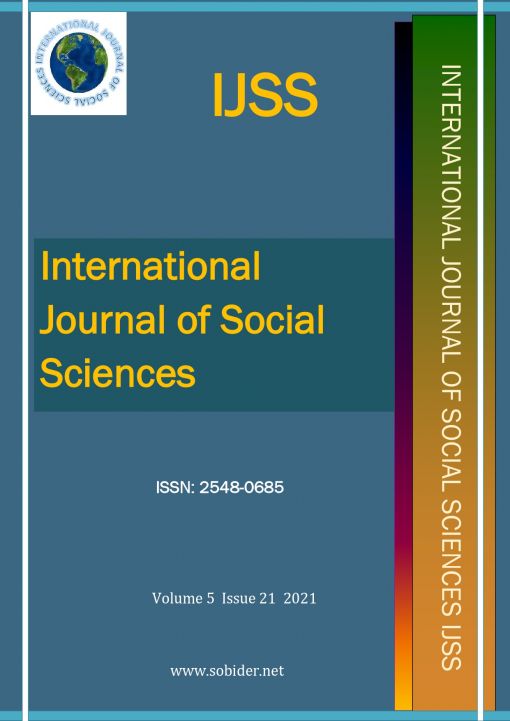Ulusalüstü ve Ulusal Mevzuatta İşkence Suçu ve Avrupa İnsan Hakları Mahkemesi’nin İşkence Kavramına Bakış Açıs
The Crime of Torture in Supranational and National Legislation and the Perspective of the European Court of Human Rights on the Concept of Torture
Author(s): Dilaver Nişanci, Selda Güner NişanciSubject(s): Criminal Law, Human Rights and Humanitarian Law, Penal Policy, Court case
Published by: SD Yayınevi
Keywords: Torture; Prohibition Of Torture; Turkish Penal Code; European Convention On Human Rights; European Court Of Human Rights;
Summary/Abstract: Torture has been historically and politically used as a means to secure a suspect's confession and influence his will. From a legal point of view, there is no standard and universal opinion on what elements the definition of torture contains and, accordingly, how it should be defined. National and international texts also do not have a uniform understanding of this issue. It can be defined in different ways, based on the adjective of the perpetrator, motive, or legal benefit protected by the Prohibition of torture. In doctrine; strong bodily or mental pain or suffering of the torture that will lead to the perpetrator or any one acting in an official capacity of a person with these qualities, a third person by using the indirectly acting, movement, pain and suffering that gives evidence of the confession of coercion on information retrieval, to reveal his accomplices, to be made for the purposes of punishment qualifications of the agreement is provided. The ban on torture tops the values of a democratic society. Seven types of behavior/actions are prohibited in international and regional texts. These are torture, cruel treatment, inhuman treatment, degrading treatment, cruel punishment, inhuman punishment and humiliating punishment. Turkey has accepted that torture is prohibited by international or regional conventions it has signed and has committed to take the necessary measures to prevent torture. 17/3 and 38 of the Constitution in order to fulfill these commitments and in particular to protect human dignity and personality. he forbade torture in his articles; 94 of the Turkish Penal Code No. 5237. he also regulated torture as an independent crime. The most effective way to treat torture is to prevent it. Import and before the query expression in the Criminal Procedure Law of the suspect/defendant the obligation to teach the rights of the suspect/defendant ban foreseen, forcing himself to blame, suspect/defendant's right to meet with the public defender in custody during the deposition, the defendant's right to be present, and the defense received by the police without counsel present expression, confirmed by the suspect or accused before the court, unless the judge or the provision cannot be based on such assurances have been given. However, none of this was sufficient to prevent torture in its entirety. Despite all these regulations in national legislation, the continuation of cases of torture and ill-treatment and the impunity of the perpetrators is the clearest indication that the problem still exists at the implementation level.
Journal: Uluslararası Sosyal Bilimler Dergisi
- Issue Year: 5/2021
- Issue No: 21
- Page Range: 231-244
- Page Count: 14
- Language: Turkish

